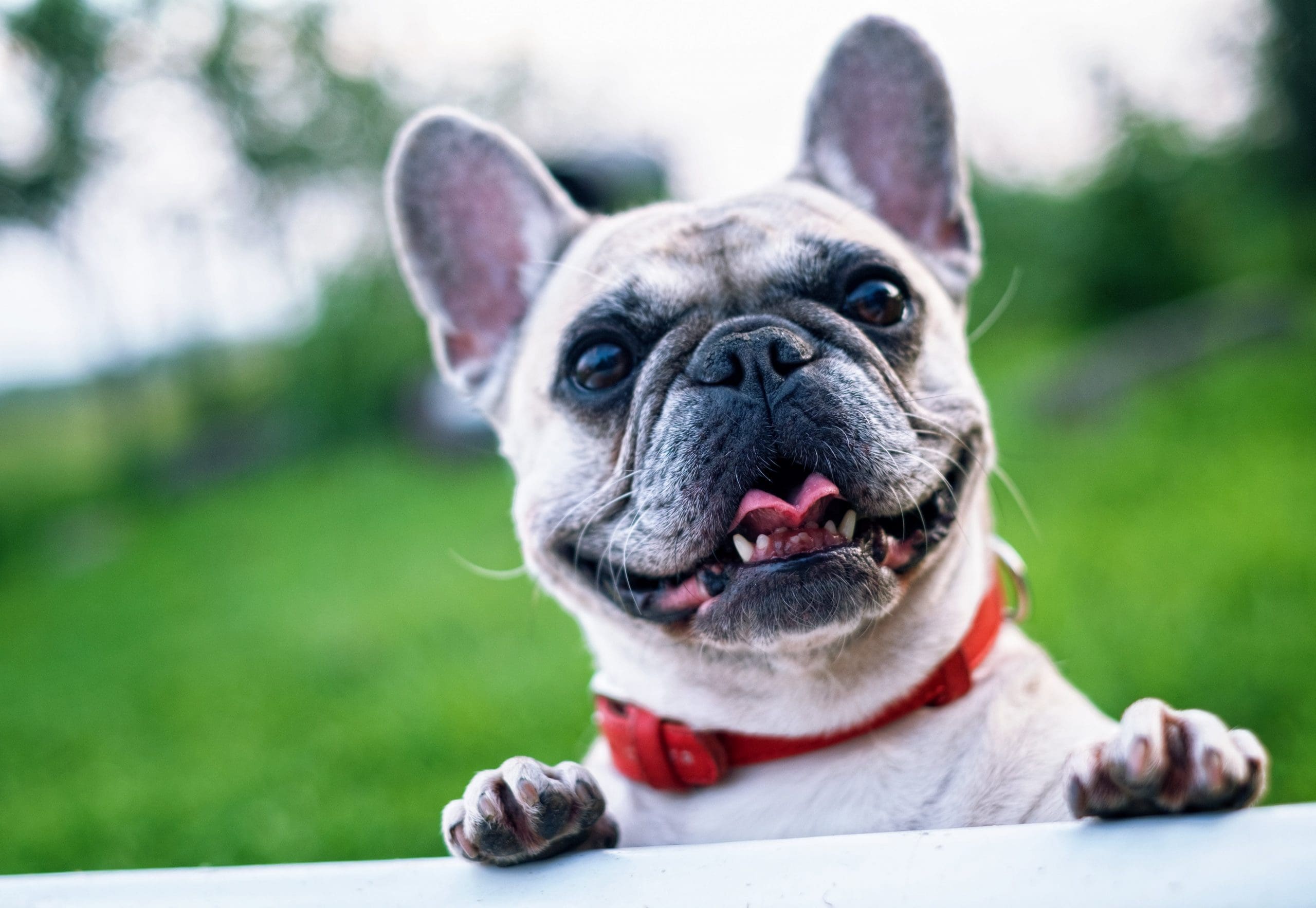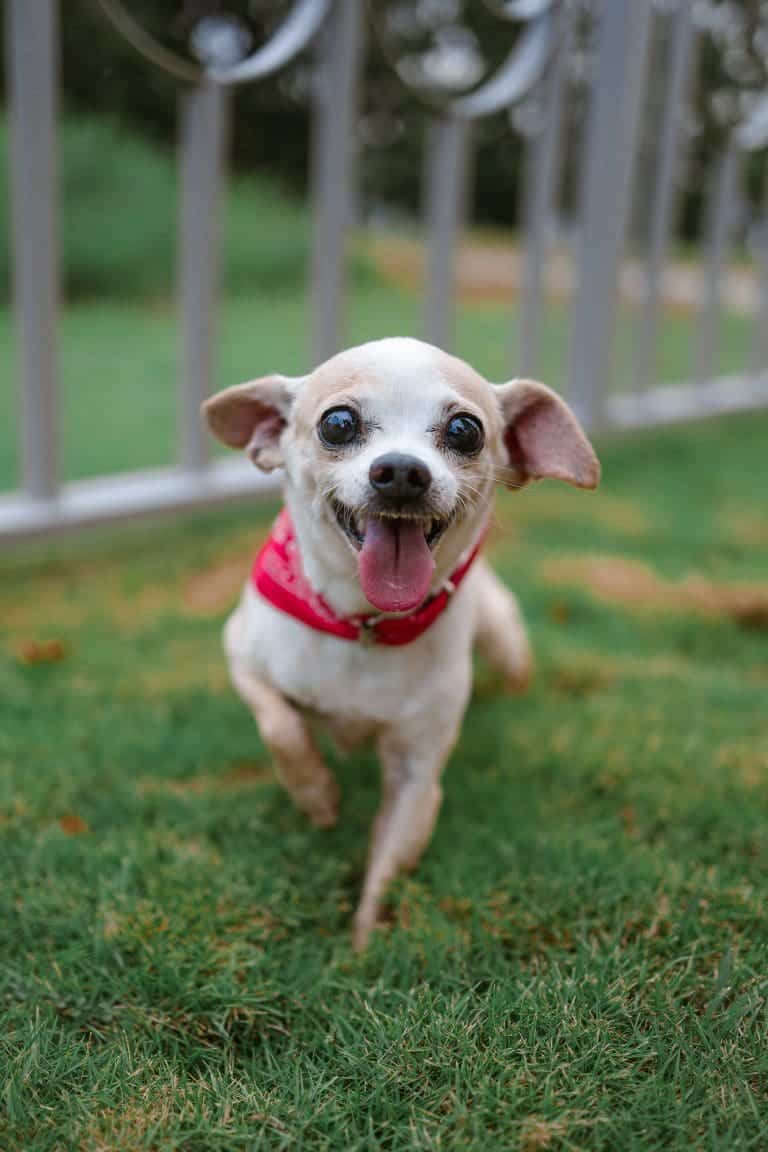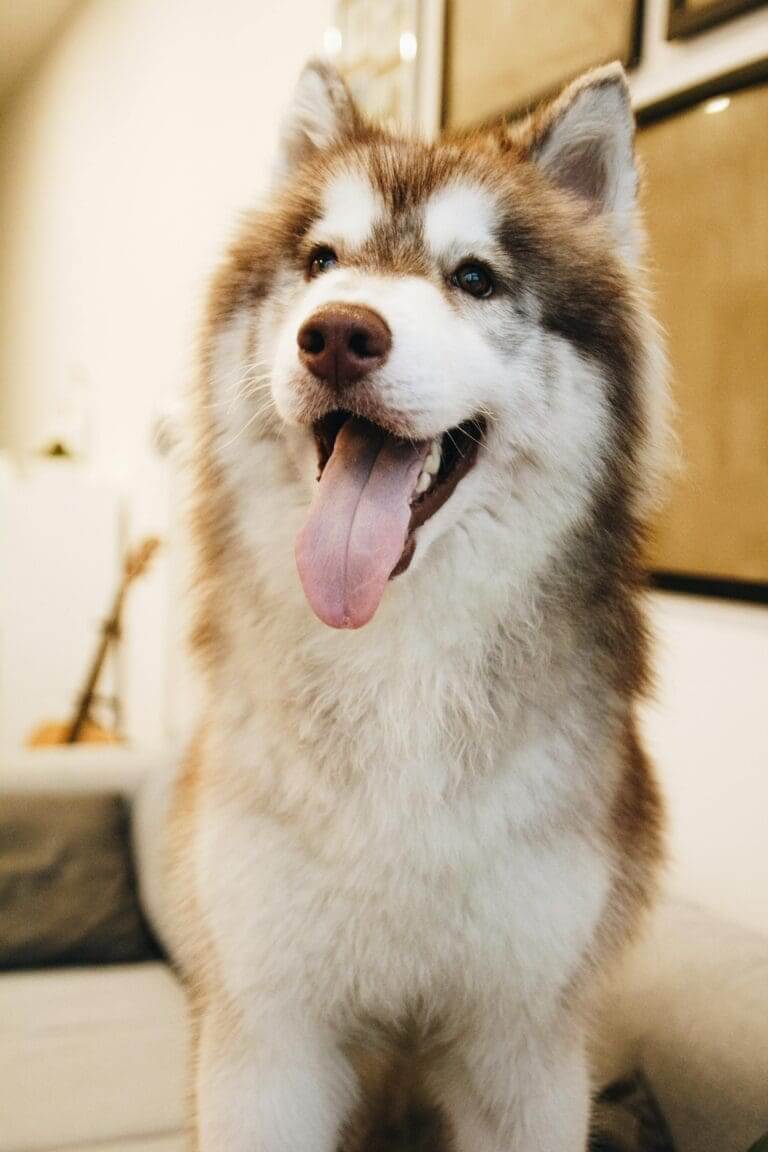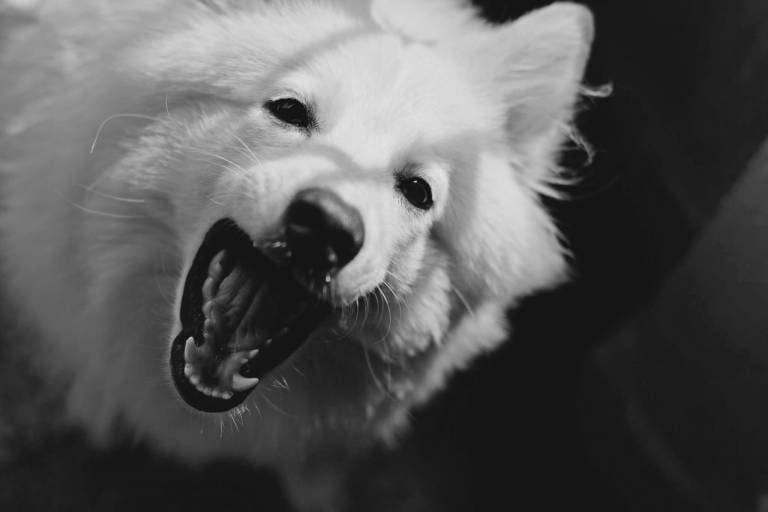How Many Dogs Die From Teeth Cleaning?
Post Date:
December 10, 2024
(Date Last Modified: December 10, 2024)
When it comes to our dogs’ health, dental hygiene often takes a backseat. Many pet owners may not realize that good oral health is essential for their furry companions. Just as we brush our own teeth, our pets deserve the same level of care. However, concerns about the safety of dental cleanings for dogs frequently arise, especially regarding the question: how many dogs die from teeth cleaning? This is a legitimate concern that merits attention.
Dental Disease in Dogs
Dental disease is a prevalent issue among dogs. Studies indicate that a significant percentage of dogs over the age of three show signs of periodontal disease. This condition can result in serious health problems, such as pain, infection, and even damage to internal organs. Regular teeth cleaning, whether performed at home or by a veterinarian, plays a critical role in preventing these complications.
Safety During Professional Cleanings
The anxiety surrounding anesthesia for dental procedures is common among pet owners. While anesthesia does carry risks, modern veterinary practices emphasize safety. Veterinarians conduct thorough pre-anesthetic evaluations, including blood tests and physical exams, to minimize complications.
Statistics reveal that fatalities from dental cleanings are rare. Veterinary dental cleanings are generally safe when performed by experienced professionals. Though complications can occur, serious outcomes are infrequent. Many studies indicate that the risk of death due to anesthesia in dogs is lower than that associated with routine surgeries like spaying or neutering, providing reassurance for concerned pet owners.
Potential Complications to Consider
Being aware of potential complications during a dental cleaning is crucial. Adverse reactions to anesthesia, excessive bleeding, and issues related to pre-existing health conditions can occur. Engaging in an open discussion with your veterinarian about your dog’s health history and any concerns is essential. Your vet can offer insights on preparing your dog for the procedure and what to expect afterward.
The Importance of Routine Dental Care
Establishing a routine dental care regimen at home can significantly reduce the need for professional cleanings. Regular brushing, appropriate chew toys, and dental treats can help maintain your dog’s oral health. Starting a dental care routine early in your dog’s life can lead to less frequent professional cleanings as they age. This proactive approach not only prevents dental disease but also lessens the need for anesthesia and its associated risks.
Balancing Risks and Benefits
For those still apprehensive about the risks of dental cleaning, consider this: the benefits of maintaining your dog’s oral health far outweigh the risks. A healthy mouth contributes to overall well-being, and preventing dental disease can lead to a longer, happier life for your pet.
If your dog exhibits signs of dental issues, such as bad breath, difficulty eating, or swollen gums, addressing these problems promptly is vital. Neglecting dental health can lead to more severe complications, including pain and systemic infections. In some cases, dental disease can even impact the heart, liver, and kidneys, resulting in significant health challenges.
Choosing the Right Veterinary Clinic
When contemplating a dental cleaning for your dog, inquire about the type of anesthesia that will be used. Your veterinarian can explain the various options and the associated benefits and risks. This knowledge aids in making an informed decision that prioritizes your dog’s safety.
Selecting a veterinary clinic with a solid reputation and experienced staff is essential. A clinic specializing in dental care for pets is more likely to possess the necessary equipment and expertise to handle any issues that may arise during the procedure. Seeking recommendations or reading reviews from other pet owners can help ensure you choose the best option for your dog.
Post-Cleaning Care and Monitoring
After the dental cleaning, closely monitor your dog’s recovery. Some dogs may experience mild side effects from anesthesia, such as lethargy or a temporary loss of appetite. These symptoms are typically short-lived, but if anything concerning arises, contact your veterinarian for advice. Adhering to post-operative care instructions provided by your vet is essential for a smooth recovery.
The Importance of Dental Health
While concerns about the safety of dental cleaning for dogs are valid, understanding the associated risks and benefits is crucial. Dental health is a vital aspect of your dog’s overall well-being, and regular cleanings can help avert serious health issues. By collaborating with your veterinarian and implementing a solid dental care routine at home, you can enhance your dog’s quality of life.
As a pet owner, it’s natural to worry about your furry friend’s safety. Being informed and proactive empowers you to make the best decisions for your dog’s health. Good dental hygiene not only keeps your dog’s teeth clean but also contributes to a longer, healthier life. If you have any lingering questions or concerns about dental cleanings and their safety, discussing them with your veterinarian can provide clarity and support.






